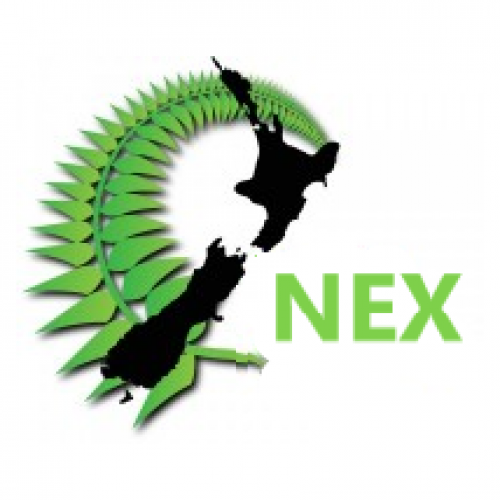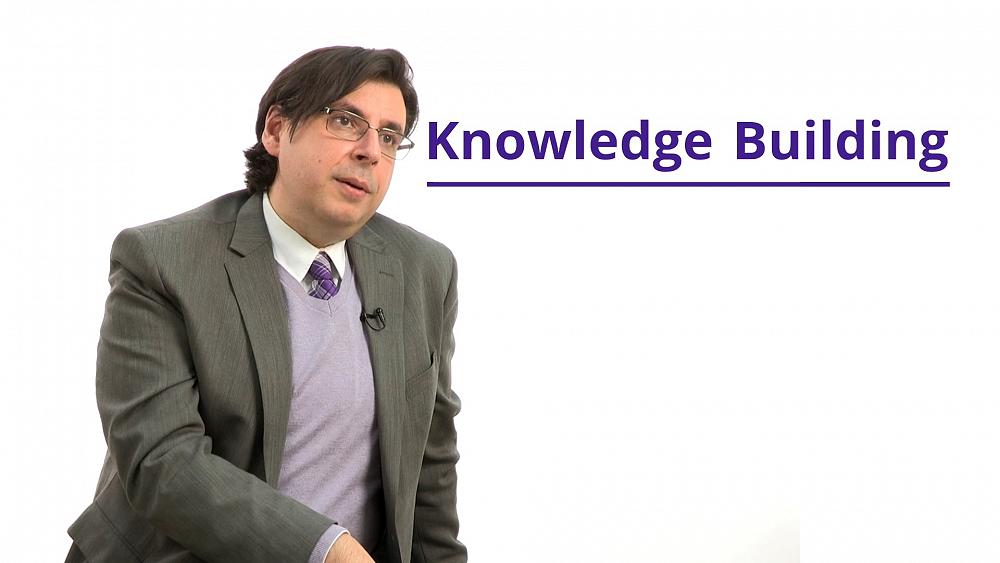What is Knowledge Building?
The Knowledge Building (KB) pedagogical approach developed by Marlene Scardamalia and Carl Bereiter (2006) at the University of Toronto aims to support the development of young people’s knowledge-building capability.
It is underpinned by 12 pedagogical principles and supported by a web-based networking software called Knowledge Forum. In a knowledge building community, students are encouraged to engage in generating explanation-seeking questions to solve authentic problems. Through a research process (e.g., by literature search, conducting experiments, field trips, etc.) undertaken in groups or as a whole class, students share information and ideas, and promising ideas are further developed and built-on to produce credible explanations and solutions. Research undertaken in numerous countries over the last 30 years has shown that this approach is effective in supporting knowledge creation by students.
Knowledge Building explicitly supports the connection and connectedness of the New Zealand Curriculum. By turning classes into Knowledge Building communities we are embedding the values and vision of the curriculum for New Zealand students AND honouring the bicultural partnership unique to all New Zealanders. When students are working together; sharing responsibility for building, critiquing and improving ideas in a process of progressive inquiry so that better ideas of benefit to the community are created, then they are Knowledge Building. The collaborative and intellectual capabilities akonga develop as they engage in Knowledge Building can better prepare them to work on solutions to the complex problems they and their communities may face. Knowledge Building is an authentic context for akonga to develop the competencies needed to take an active role in a community focused on improving ideas of benefit to the community.
In New Zealand, there are practices and pedagogies embedded in the New Zealand Curriculum which lay a strong foundation for Knowledge Building activity. There is an established kaupapa already familiar to teachers and embedded in our commitment to our bi-cultural heritage and Te Tiriti o Waitangi based on culturally responsive and relational concepts such as:
Ako and kōtahitanga supporting reciprocal, collective and ongoing sense making where power is shared and learners have the right to equity and and self-determination as they work together to create new and improved ideas.
The manaakitanga and whanaungatanga of safe learning environments where high levels of trust are built which underpin relationships of care and connectedness; where respectful and inclusive behaviours are valued.
The concept of wānanga embeds learning practices which are responsive to relevant evidence - about ideas, knowledge and akonga
Teachers modelling and encouraging classroom dialogue and discursive approaches needed as precursors to Knowledge Building activity.

